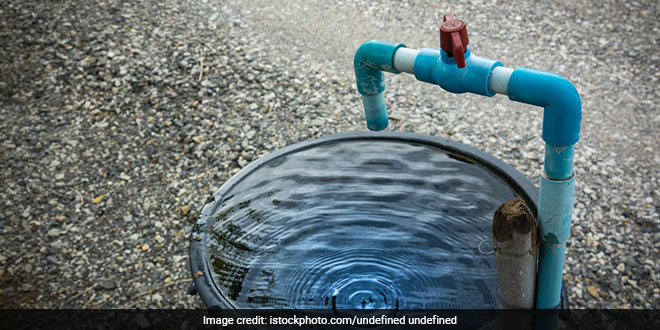Highlights
- Bengaluru may be 2nd city in the world after Cape Town to run out of water
- Number of water bodies in Bengaluru has reduced by 79 per cent
- Bengaluru has been facing water shortage in several of its suburbs
Bengaluru: India’s tech hub, Bengaluru, may soon run out of water like Cape Town in South Africa, which is facing a severe water crisis, a statement from the Centre for Science and Environment (CSE) said on Wednesday. “Bengaluru is one of the 10 metropolitan cities in the world that are quickly moving towards ‘Day Zero’ (when the cities will completely run out of water),” said the statement quoting a study by the CSE’s “Down To Earth” magazine.
Beijing (China), Mexico City (Mexico), Sanaa (Yemen), Nairobi (Kenya), Istanbul (Turkey), Sao Paulo (Brazil), Karachi (Pakistan), Buenos Aires (Argentina) and Kabul (Afghanistan) are the other nine cities that may soon run out of water, the study mentioned.
While the number of water bodies in Bengaluru has reduced by 79 per cent due to unplanned urbanisation and encroachment, the built-up area has gone up from 8 per cent in 1973 to 77 per cent, it stated.
According to the study, the city’s water table went down from 10-12 metres to 76-91 metres in 20 years, while the extraction wells have gone up from 5,000 to 4.5 lakhs in 30 years owing to increasing population.
Also Read: World Water Day 2018: Bengaluru Is Slowly Running Out Of Water As Man-made Crisis Intensifies
The city’s over 10 million population is estimated to reach 20.3 million by 2031, growing 3.5 per cent annually, the study said.
Bengaluru uses only half of its treatment capacity to treat waste and a substantial amount (of waste) is dumped into its waterbodies, it noted.
Cape Town, one of the richest cities in South Africa, has been facing an extreme water shortage since 2017, with a below-average rainfall since 2015 that has dried up the city’s reservoirs.
Experts estimate Cape Town will reach “Day Zero” within a few months, when the city’s taps will go dry, forcing citizens to collect water rations from trucks for daily use.
Bengaluru, too, has been facing water shortage in several of its suburbs with severely polluted lakes.
Bellandur Lake, the largest in the city’s southeast suburb, has seen frothing due to toxic substances flowing into it through an untreated sewage system from chemical factories and housing colonies around it.
The study also found that 200 cities in the world are fast running out of water.
Thirty-six per cent of cities in the world will face water crisis by 2050, with urban water demand expected to go up by 80 per cent, it added.
Also Read: World Water Day 2018: 5 Major Things India Can Learn From The Global Water Crisis






























